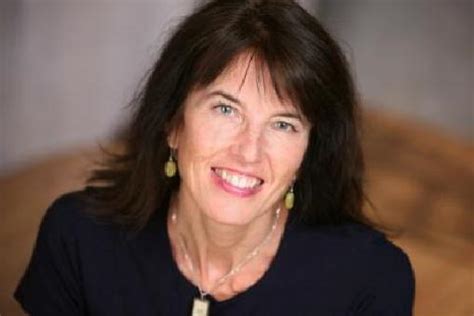A Quote by Alan Cumming
I actually find in America, there's a slight snobbery about actors who go back and forth between big heavy dramas and popcorn fare. That always intrigues me, because that doesn't exist in the same way in Britain. And I imagine it would be worse. In terms of the sort of class, and the sort of snobby, slightly on the back-foot thing Britain has. But it's much more prevalent in America. I'm really intrigued by it. I don't know why that is. But I'm aiming to break down those barriers by being in a Shakespeare film and a Smurfs film within six months of each other.
Quote Topics
About
Actors
Actually
Aiming
Always
America
Back
Back And Forth
Barriers
Because
Being
Between
Big
Break
Britain
Class
Down
Dramas
Each
Exist
Fare
Film
Find
Foot
Forth
Go
Heavy
Imagine
Intrigued
Know
Me
Months
More
Much
Other
Popcorn
Really
Same
Shakespeare
Six
Six Months
Slight
Slightly
Snobbery
Snobby
Sort
Terms
Thing
Those
Way
Why
Within
Worse
Would
Would Be
Related Quotes
I'm not one of those artists that can go away for six months and tour America and have 20 producers back in London or L.A. doing everything for me and I just come home and sing on it. It would be really useful, in terms of speed, to work like that. I just wouldn't find it creatively satisfying. I have to have my hand on the remote control.
When you're younger you don't care so much, but as you get older you have a family and stuff like that. But I've always kept my foot in theatre and I've kept my foot in independent film, so I'm really happy going back and forth. So, if I can't find the meaty roles in studio films, then I'll go back and dig up a little independent where I can flex my muscles a little bit.
The reason I live in America is because I mean literally every six or seven years I've done something in England. The last lead I had in an English film I did was 1998. So that's why I live here. It's because I get more work. I'll travel back for radio, you know what I mean. I've just got to consider myself to be living in the middle of the ocean, and that way I have a really nice career, if I'm prepared to do television, radio, theater, and film.
You know, in an ideal world, people would just be intrigued and go and see a film without knowing anything about it, because that's where you're going to have the most experience of a film, the biggest, the most revelation of a film. But at the same time, I think there are benefits of having seen a trailer where you actually look forward to seeing moments in a film knowing that they're coming up. I don't know which is better.
I could give you a long list of things I like about Britain, but essentially what it comes down to is that I feel about Britain the same way I feel about my wife. I'm crazy about my wife - we just kind of suit each other. I wouldn't say that she's the most fantastic human being that's ever lived, but she is for me.
So we [with Kate DiCamillo] would act them out, we would toss ideas back and forth, we would laugh, we would argue. Sometimes it went really well, sometimes it was such a pain in the ass. Our other rule was that we wouldn't work on it at all when we weren't in the other's presence. It was really hard not to do that. We'd start going on email back and forth, 'What do you think about this, what do you think about that?' But, no, no, no, it had to be live. So we forced ourselves not to look at it except during those two-hour stretches when we were actually with each other.
It's the reason why so many people left Britain like I did in the mid 60s because Britain was exactly the same then as America is today, getting ready to redistribute social wealth and it didn't work. You've seen that in places like Greece, Portugal, Iceland, Ireland where the entire country's business has collapsed, gone bankrupt. That's where America is heading.
I have just as much right to stay in America - in fact, the black people have contributed more to America than any other race, because our kids have fought here for what was called "democracy"; our mothers and fathers were sold and bought here for a price. So all I can say when they say "go back to Africa," I say "when you send the Chinese back to China, the Italians back to Italy, etc., and you get on that Mayflower from whence you came, and give the Indians their land back, who really would be here at home?"




































